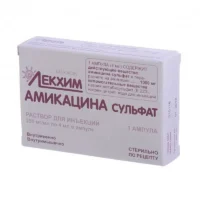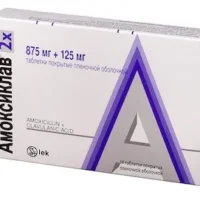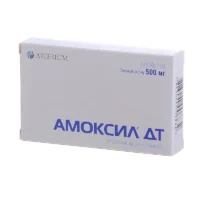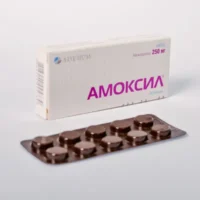Description
Unidox Soliutab (Doxycycline) Dispersible Tablets 100 mg
Ingredients:
- Each dispersible tablet contains 100 mg of doxycycline.
Dosage:
- The usual dosage is one tablet daily, or as prescribed by a healthcare professional.
Indications:
- Unidox Soliutab is indicated for the treatment of various bacterial infections, including respiratory tract infections, urinary tract infections, and skin infections.
Contraindications:
- Do not use Unidox Soliutab if you are allergic to doxycycline or other tetracycline antibiotics.
Directions:
- Dissolve the tablet in a glass of water before taking. Do not crush or chew the tablet.
Scientific Evidence:
Doxycycline, the active ingredient in Unidox Soliutab, has been extensively studied for its efficacy in treating a wide range of bacterial infections. Research has shown that doxycycline is effective against both gram-positive and gram-negative bacteria, making it a versatile antibiotic choice.
Additional Information:
- It is important to complete the full course of treatment with Unidox Soliutab as prescribed by your healthcare provider, even if you start to feel better before the medication is finished. Skipping doses or stopping the medication prematurely can lead to antibiotic resistance.
- Before taking Unidox Soliutab, inform your doctor about any existing medical conditions or medications you are currently taking to avoid potential drug interactions.





